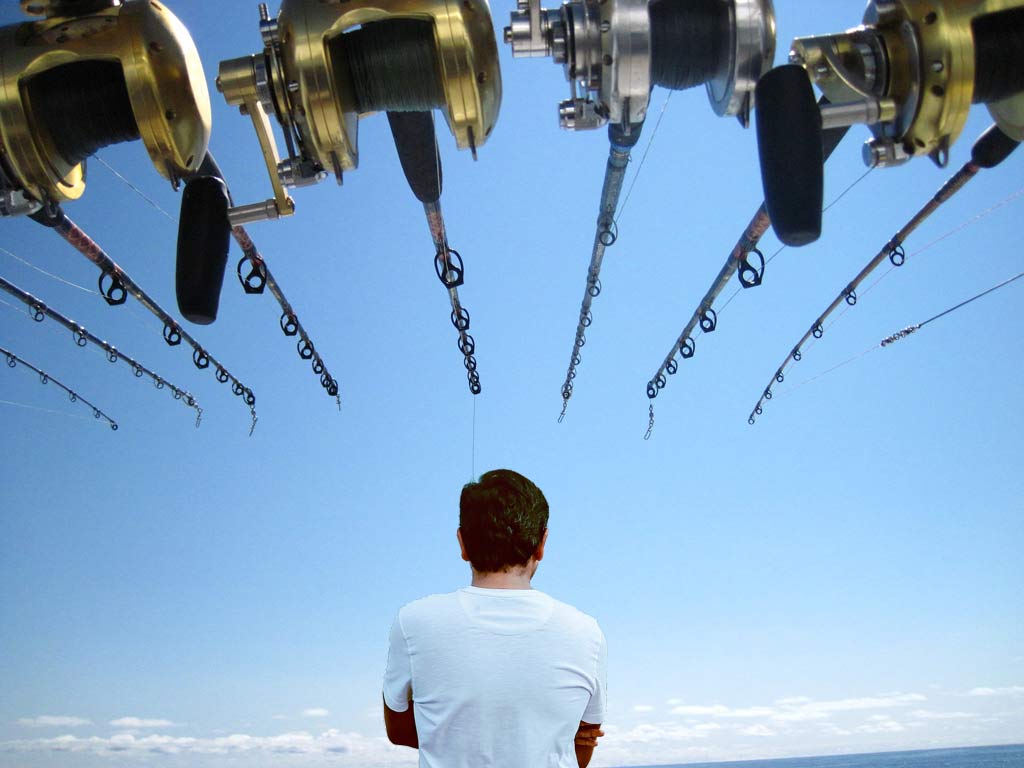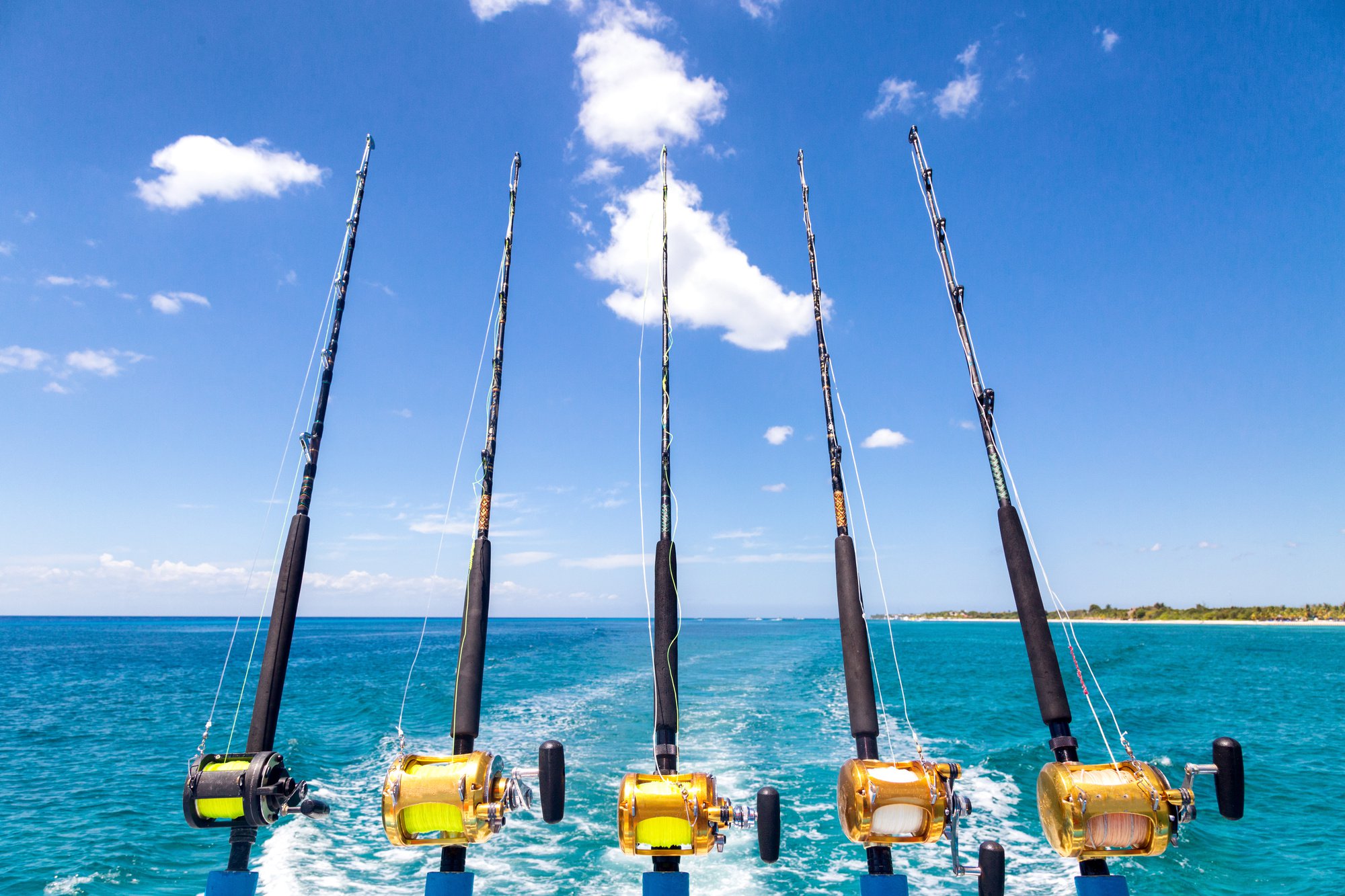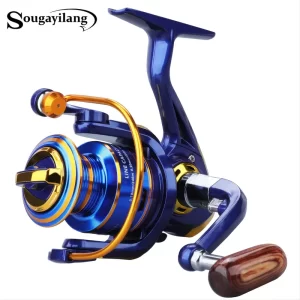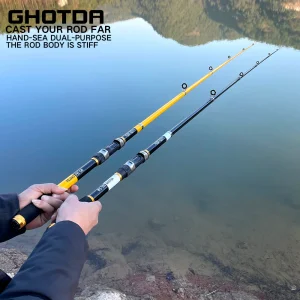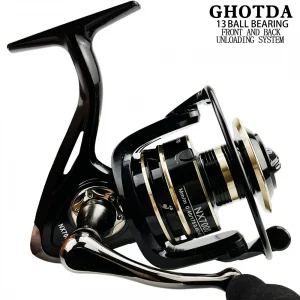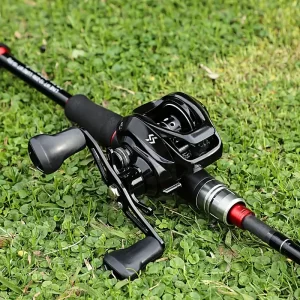When it comes to fishing in the sea, many anglers are often faced with the choice between a sea pole and a fishing rod. While both tools are designed for fishing in saltwater environments, there are some key differences between the two that can impact their performance and suitability for different types of fishing. In this article, we’ll explore the differences between sea poles and fishing rods to help you choose the right tool for your next sea fishing trip.
Sea Pole
A sea pole, also known as a sea rod, is a long and heavy fishing pole that is primarily designed for fishing from a boat or pier in the sea. Sea poles are typically longer than traditional fishing rods, ranging from 10 to 16 feet in length, and are made from sturdy materials such as fiberglass or carbon fiber to withstand the harsh saltwater environment.
One of the key differences between a sea pole and a fishing rod is their power and action. Sea poles tend to have a heavy power rating, which means they are designed to handle larger fish and heavier lures. They also have a slower action, which means they bend more gradually and provide more power when casting and reeling in fish.
Fishing Rod
A fishing rod, on the other hand, is a more versatile tool that can be used for a wide range of fishing styles and environments, including freshwater and saltwater fishing. Fishing rods come in a variety of lengths and materials, ranging from lightweight and flexible to heavy and stiff.
Unlike sea poles, fishing rods tend to have a medium to heavy power rating and a faster action. This makes them better suited for fishing in open water or from the shore, where longer casts and faster retrieves may be necessary.
Choosing Between a Sea Pole and Fishing Rod
When deciding between a sea pole and a fishing rod for your next sea fishing trip, there are several factors to consider, including:
Type of Fishing
The type of fishing you plan to do will largely determine whether a sea pole or fishing rod is more suitable. If you plan to fish from a boat or pier and target larger fish such as tuna or marlin, a sea pole may be the better choice. If you plan to fish from the shore or target smaller fish such as trout or bass, a fishing rod may be more appropriate.
Length
The length of your fishing tool is also an important consideration. Sea poles are typically longer than fishing rods, which can be an advantage when fishing from a boat or pier but may be a hindrance when fishing from the shore.
Action and Power
The action and power of your fishing tool will also impact its performance in the sea. Sea poles tend to have a slower action and heavier power rating, which makes them better suited for fishing in deep water or targeting larger fish. Fishing rods, on the other hand, have a faster action and medium to heavy power rating, which makes them better suited for fishing in open water or from the shore.
Materials
Finally, consider the materials used to make your fishing tool. Sea poles are typically made from sturdy materials such as fiberglass or carbon fiber to withstand the harsh saltwater environment. Fishing rods may be made from a variety of materials, including graphite, fiberglass, and composite materials, depending on their intended use.
In conclusion, both sea poles and fishing rods have their own advantages and disadvantages when it comes to fishing in the sea. By considering the type of fishing you plan to do, the length, action, power, and materials of your fishing tool, you can choose the right tool for your next sea fishing adventure.
